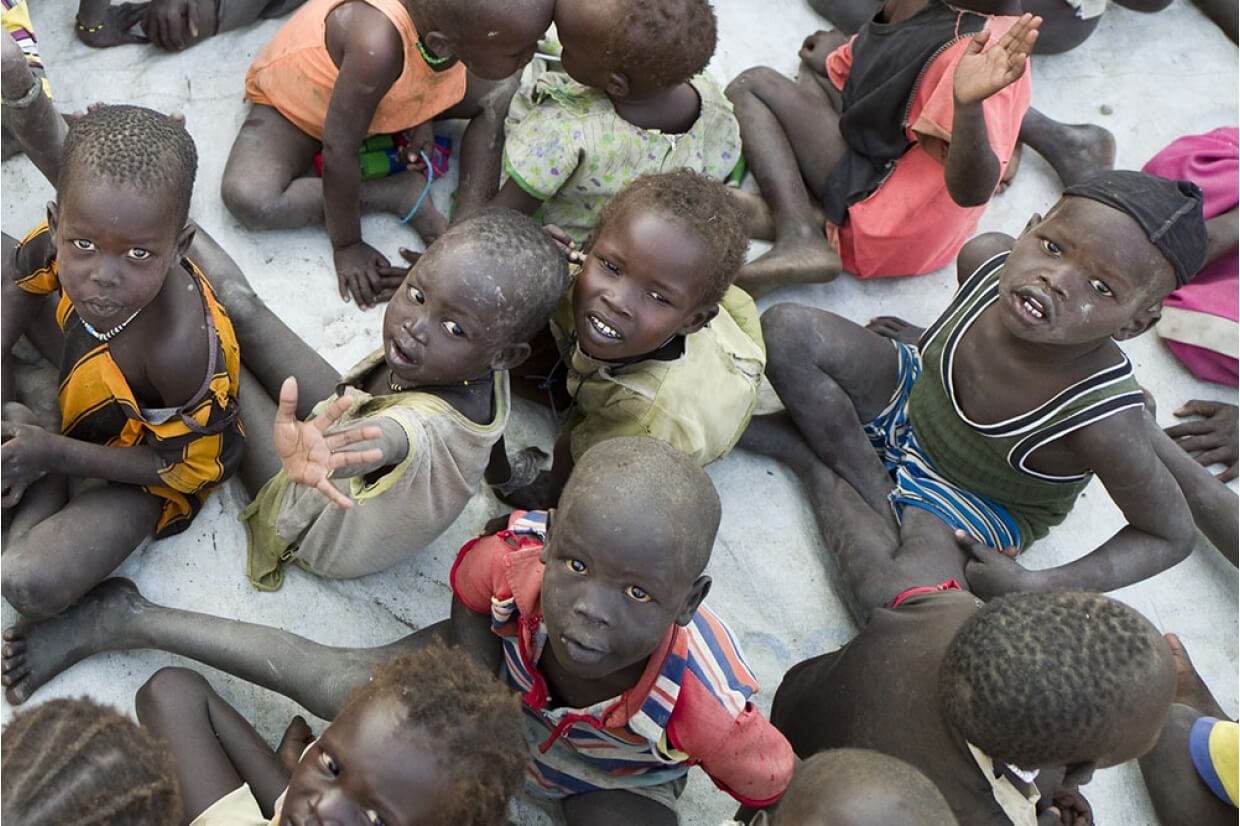- About
- Topics
- Picks
- Audio
- Story
- In-Depth
- Opinion
- News
- Donate
- Signup for our newsletterOur Editors' Best Picks.Send
Read, Debate: Engage.
As Africa continues to record an unprecedented population boom, it is also grappling with various nutritional challenges, among them malnutrition, obesity and stunting that have not only threatened lives and decimated livelihoods, but also put the brakes on the continent's economic and social development.
The numbers and statistics have painted a grim and ironic picture. While food insecurity has fanned malnutrition and stunting among children and adults, a new wave of obesity has emerged in what is attributed to unhealthy diets.
One in five Africans, the majority in rural areas, face hunger each day - with that number having reached 282 million in 2020 in the continent.
At the same time the Global Nutrition Report posits that malnutrition levels in Africa are staggering, with 13.7 percent of infants having low birth weight while over 30 percent of children between zero and five are stunted. Meanwhile 40 percent of African women of reproductive age suffer from anaemia, the report further notes.
COVID-19 has exacerbated the situation, as the number of people facing food insecurity in the world has risen by 318 million in 2020, 86 million of whom are in Sub-Saharan Africa - a region where 66 percent of the population is food insecure, according to the FAO.
As a result, countries lose between two and 16 percent of their annual GDP to childhood stunting. This has slowed the achievement of SDG Two (Zero Hunger) and the realisation of the African Union’s Agenda 2063: The Africa We Want.
It is therefore a commendable move and gesture by the African Union and the African Heads of State and Government to have declared 2022 The Year of Nutrition for Africa, expressing the political commitment and investment to tackling the nutritional challenges of the continent.
This unprecedented development, if well implemented, will allow equitable access to healthy diets, which in turn will forestall future food crises, tame new malnutrition cases, foster resilience, sustainability and political stability due to a well-nourished population. The whole continent should rally behind this initiative.
Photo by Betty Subrizi

